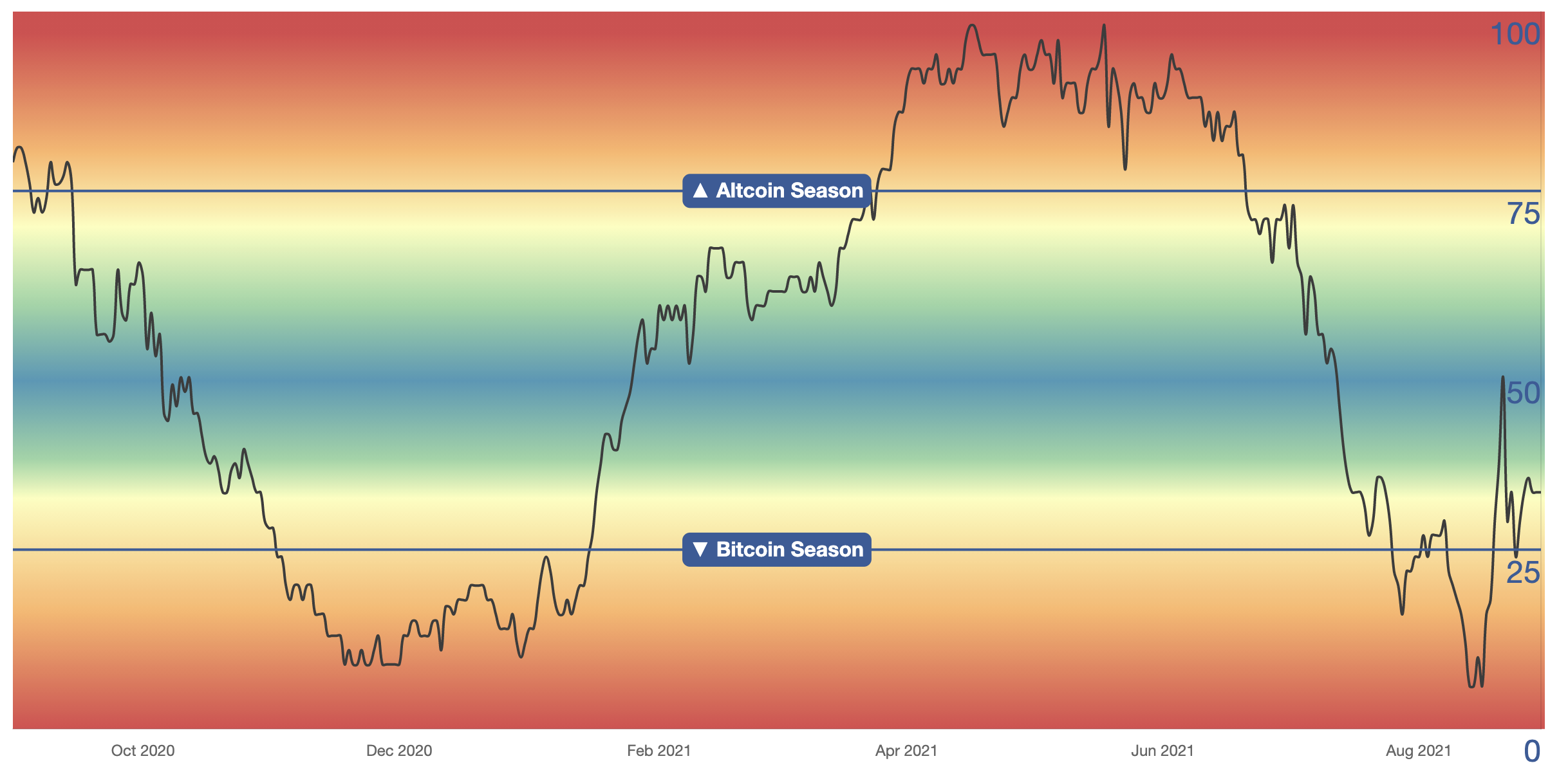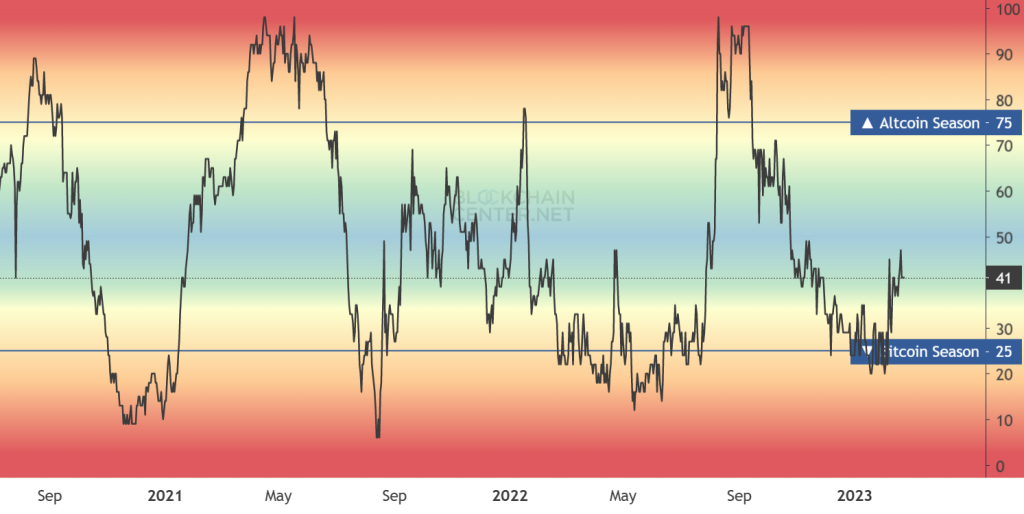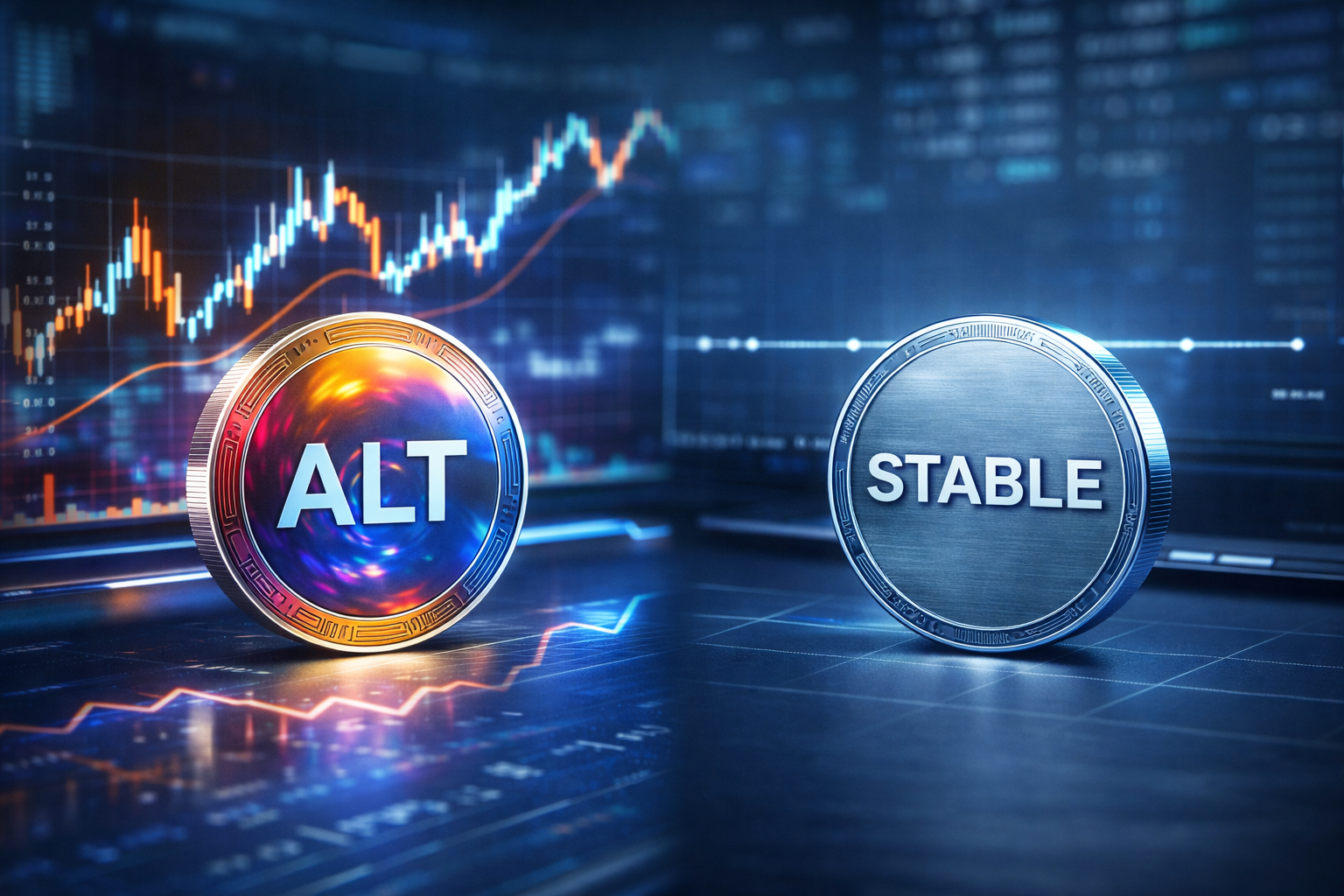
James Carter
The Significance of Altcoin Index: A Comprehensive Analysis

Cryptocurrencies have witnessed a remarkable rise in popularity and market adoption over the past decade. While Bitcoin remains the dominant player, there has been a surge in alternative cryptocurrencies, commonly known as altcoins. As the cryptocurrency market expands, the need for effective tools to assess and track altcoin performance becomes crucial. This is where altcoin index come into play. In this article, we will delve into the world of altcoin indexes, exploring their purpose, methodology, benefits, challenges, and existing examples.
Overview of Altcoin index
Altcoins, short for alternative coins, refer to all cryptocurrencies other than Bitcoin. They share the fundamental principles of blockchain technology but often introduce unique features or modifications to differentiate themselves from Bitcoin. Altcoins offer diverse functionalities, ranging from smart contracts (Ethereum) to privacy-focused transactions (Monero) and decentralized applications (Cardano). Understanding the different types of altcoins and their characteristics is essential for grasping the significance of altcoin indexes.
Role of Index in the Financial Market
In the financial market, indexes play a vital role in providing a benchmark for assessing the overall performance of a particular sector, industry, or asset class. They allow investors to gauge the market sentiment, track trends, and make informed decisions regarding their investments. Established examples of financial indexes, such as the S&P 500 and Dow Jones Industrial Average, have proven their value over time. Altcoin indexes aim to serve a similar purpose by providing a comprehensive view of the altcoin market.
Altcoin Index: Concept and Methodology
An altcoin index is a curated selection of altcoins, representing a specific segment of the cryptocurrency market. The composition of an altcoin index is determined based on various factors, including market capitalization, liquidity, trading volume, and overall performance. The methodology for constructing an altcoin index may vary among providers, but the objective is to capture the performance and trends of the altcoin market as accurately as possible. A robust methodology ensures that the index reflects the broader altcoin market dynamics.
WATCH VIDEO BELOW
Benefits of Altcoin Index
Altcoin indexes offer several benefits to investors, traders, and market participants:
Diversification and Risk Mitigation: Altcoin indexes provide a diversified exposure to the altcoin market, reducing the impact of individual coin volatility and mitigating risk. By investing in an index, investors can spread their risk across multiple altcoins, ensuring a more balanced portfolio.
Benchmarking and Performance Tracking: Altcoin indexes serve as benchmarks, allowing investors to compare the performance of their altcoin investments against the broader market. They provide valuable insights into the overall market trends, enabling investors to make informed decisions based on reliable data.
Simplified Exposure to Altcoins: For investors seeking exposure to altcoins but lacking the expertise or resources to individually analyze and invest in multiple coins, altcoin indexes offer a convenient solution. They provide a single investment vehicle that captures the collective performance of a diversified altcoin portfolio.
Facilitating Investment Decision Making: Altcoin indexes provide a comprehensive overview of the altcoin market, assisting investors in analyzing trends, identifying potential investment opportunities, and making strategic decisions. They serve as a valuable tool for both experienced investors and newcomers to the crypto space.
Challenges and Limitations
While altcoin indexes offer numerous advantages, it is essential to consider the challenges and limitations associated with them:
Volatility and Risk Factors: Altcoins are known for their higher volatility compared to traditional assets. Altcoin indexes can also be subject to extreme price fluctuations due to the nature of the underlying assets. Investors should be aware of the risks involved and carefully consider their risk tolerance before investing in altcoin indexes.
Data Availability and Accuracy: Constructing an altcoin index relies on the availability and accuracy of data related to altcoin prices, trading volume, and market capitalization. Data from different exchanges may vary, leading to inconsistencies and challenges in creating a reliable index. It is crucial for index providers to ensure data quality and establish robust data collection methodologies.
Selection Bias and Market Manipulation: Altcoin indexes may face challenges related to selection bias and market manipulation. The process of selecting altcoins for inclusion in an index introduces subjective judgments and biases. Additionally, the altcoin market is susceptible to manipulation due to its relatively smaller size and lower liquidity compared to traditional financial markets. Index providers need to address these concerns by implementing stringent selection criteria and monitoring market integrity.
Regulatory and Legal Considerations: The cryptocurrency market operates in a complex regulatory landscape. Altcoin indexes must adhere to legal requirements and regulatory frameworks imposed by different jurisdictions. Compliance with anti-money laundering (AML) and know-your-customer (KYC) regulations is crucial to ensure the legitimacy and integrity of altcoin indexes.
Existing Altcoin Indexes
Several altcoin indexes have emerged in the cryptocurrency market. These indexes vary in terms of methodology, composition, and provider. Notable altcoin indexes include the Bitwise 10 Large Cap Crypto Index, the Crypto20 Index, and the MVIS CryptoCompare Digital Assets 10 Index. Each index offers a unique approach to capturing the performance of altcoins and caters to different investor preferences.
Summary
Altcoin indexes play a crucial role in the evolving cryptocurrency market, providing investors with a comprehensive view of altcoin performance and trends. These indexes offer diversification, benchmarking capabilities, simplified exposure to altcoins, and assistance in investment decision making. However, challenges related to volatility, data availability, selection bias, market manipulation, and regulatory compliance must be addressed for altcoin indexes to fulfill their potential.

As the cryptocurrency market continues to grow and mature, altcoin indexes are likely to evolve and improve. Index providers will refine their methodologies, enhance data accuracy, and address regulatory concerns to provide investors with reliable and transparent altcoin indexes. With the right measures in place, altcoin indexes can contribute to the development of a more robust and accessible cryptocurrency investment ecosystem. Investors should carefully evaluate altcoin indexes based on their methodology, historical performance, and alignment with their investment goals before considering investment participation.
In conclusion, altcoin indexes are an important tool for investors looking to navigate the vast and dynamic altcoin market. By leveraging these indexes, investors can gain exposure to altcoins, track their performance, and make informed investment decisions. As the cryptocurrency market continues to evolve, altcoin indexes will likely play an increasingly significant role in shaping the future of digital asset investing.
Latest
Altcoins
21 Feb 2026
Altcoins
13 Feb 2026
Altcoins
07 Feb 2026
Altcoins
06 Feb 2026
Altcoins
05 Feb 2026
Altcoins
03 Feb 2026












